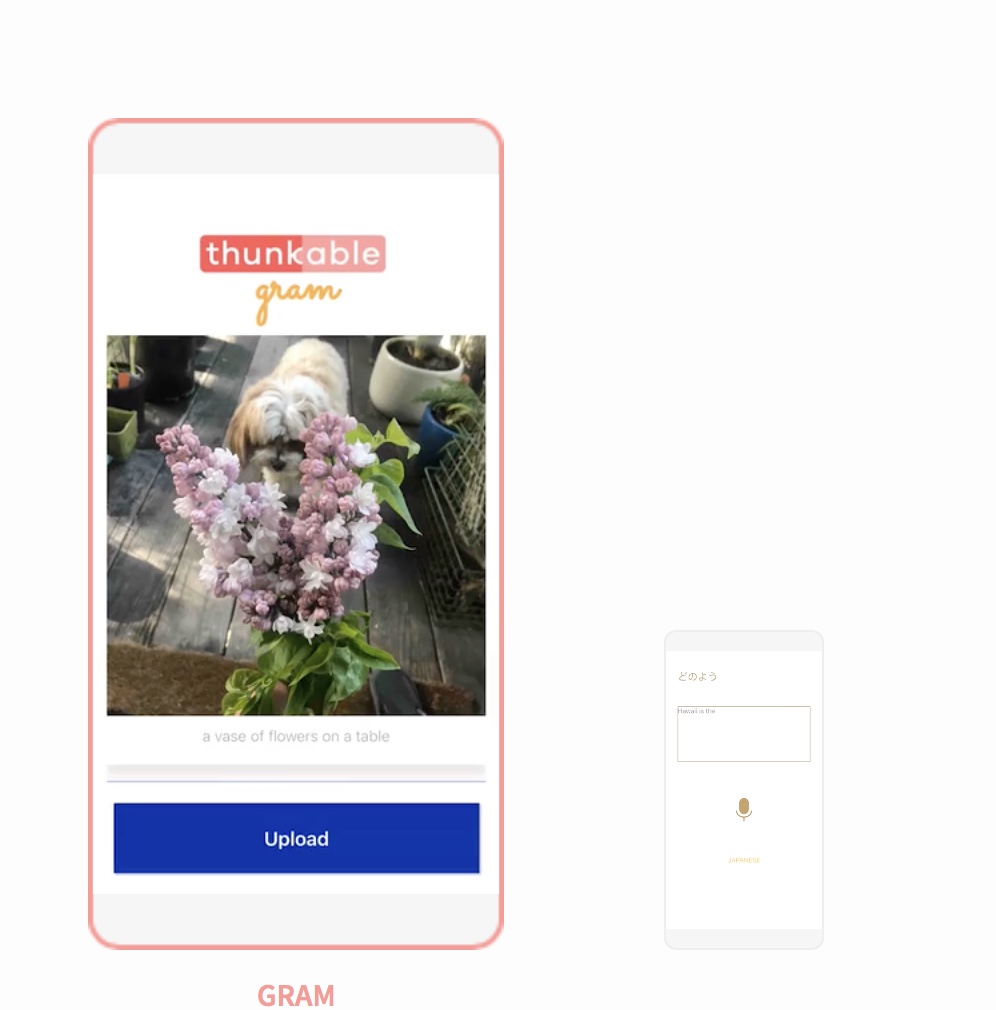Apple has acquired Siri (http://siri.com), a mobile “assistant” app maker, heating up the Apple-Google competition. According to a pre-merger notification released by the Federal Trade Commission, and first noticed by Robert Scoble (http://twitter.com/Scobleizer/status/13015365163), the transaction apparently won’t be held up by any antitrust reviews.
Here’s how Siri describes itself: “Just like a real assistant, Siri understands what you say, accomplishes tasks for you and adapts to your preferences over time.
Today, Siri can help you find and plan things to do. You can ask Siri to find a romantic place for dinner, tell you what’s playing at a local jazz club or get tickets to a movie for Saturday night.
“Siri is young and, like a child taking its first steps, may be awkward at times. Siri may occasionally misunderstand things you ask it to do even within its range of understanding.
“Nonetheless, Siri will improve quickly by getting to know you better and understanding a broader set of tasks. In fact, right now, Siri’s learning how to handle reminders, flights stats and reference questions. Our vision is that, over time, you’ll trust Siri to manage many personal details in your life – from recommending a wine you might enjoy to managing your to do list.
“The current version of Siri is built for the iPhone 3GS and the iPod Touch and works only in the US. Soon, Siri will run on iPhone 3G and additional mobile platforms, as well.”
The Siri acquisition puts Apple in even closer competition with Google, “as we believe that mobile assistant apps are one of the many ways that search will look on mobile platforms,” says. “Business Insider” (http://www.businessinsider.com/apple-buys-siri-a-mobile-assistant-app-as-war-with-google-heats-up-2010-4#ixzz0mPtdA1E6). So, in a sense, Apple just got into the search business, the article adds.
“TechCrunch” (http://macosg.me/2/6n) says the Siri acquisition can mean two things: “Apple will add Siri as a standard app on future iPhones and iPads or it is interested in the underlying natural language processing and semantic search technology to incorporate into its apps more broadly. It second option seems more likely.”




